30th July 2025
The Forgotten Skill: Teaching Children to Ask Better Questions
In today’s fast-paced world, it can be easy to focus on the answers our children are giving, whether that’s in school, at home, or during after-school tutoring. But there’s something just as important that often gets overlooked: the questions they are asking.
At NumberWorks’nWords, we see every day how powerful it can be when children are encouraged to ask questions during their one-on-one lessons. In fact, we’ve found that the quality of a child’s questions often says more about their learning progress than the answers they provide. Helping children learn to ask better questions can unlock their curiosity, build confidence, and support them in becoming independent, motivated learners.
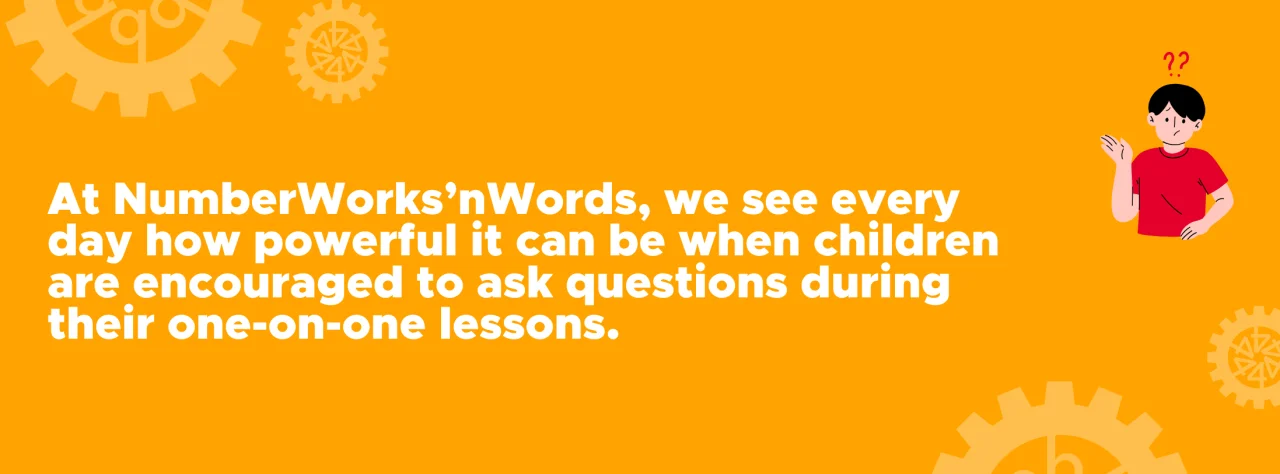 Why Questions Matter More Than You Think
Why Questions Matter More Than You Think
As adults, we often fall into the habit of answering our children’s questions quickly so we can move on with our day. But every question a child asks is a window into how they are thinking, what they are wondering about, or what they may not understand.
Learning to ask better questions is a skill that helps children become more engaged and reflective. When children ask questions like “Why does that happen?” or “What would happen if...?”, they are thinking critically and making sense of the world around them.
For example, a child doing a maths problem might simply say, “I don’t get it.” That’s a starting point, but imagine if they learned to ask, “Is there another way to solve this?” or “What’s the first step I should take here?” Suddenly, they are taking ownership of their learning.
Encouraging Curiosity at Home
One of the best things parents can do to help their children ask better questions is to simply make space for curiosity. Children are naturally curious, but they need to feel safe and encouraged to express that curiosity without fear of being wrong or annoying.
Try creating regular moments in the day where questions are welcomed. For example, during dinner, ask your child what they wondered about today. You could say, “What’s something interesting you heard today that made you think?” or “Did anything surprise you during school?” These open-ended prompts help children practise forming questions and exploring ideas.
Even watching a movie together can become a learning opportunity. Ask, “What do you think will happen next?” or “Why do you think that character did that?” These small, everyday conversations build a foundation for better questioning skills.
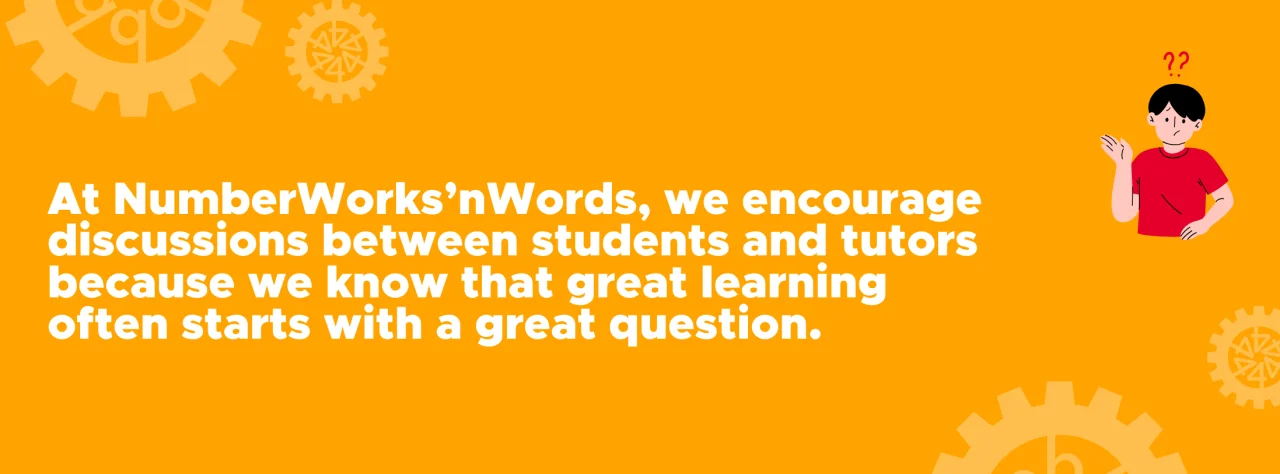 Creating a Question-Friendly Environment
Creating a Question-Friendly Environment
Children learn by example, so the way we respond to their questions matters a lot. If a child asks something that seems obvious or inconvenient at the moment, it can be tempting to brush it off. But doing that too often sends the message that their questions are not valuable.
Instead, try responding with interest, even if you do not know the answer. You can say, “That’s a great question. I’m not sure, but let’s find out together.” This shows them that asking questions is not just about having the right answer but about being curious and eager to learn.
At NumberWorks’nWords, we encourage discussions between students and tutors because we know that great learning often starts with a great question. When children feel that their thoughts and questions are respected, they become more willing to speak up and engage deeply with their learning.
When Children Struggle with Questions
Some children hesitate to ask questions because they are afraid of getting something wrong or appearing silly. If your child seems unsure, it’s important to create an atmosphere where making mistakes is a normal part of learning.
You can say things like, “All good questions help us learn, even if we do not know the answer right away,” or “It’s brave to ask something when you are not sure.” Reassurance goes a long way in helping children build the confidence to keep trying.
A Real-Life Example: Emma and Her Maths Questions
Emma, a Year 6 student at NumberWorks’nWords, used to freeze when she came across a tricky maths problem. Instead of asking for help, she would go quiet or guess an answer. Her tutor noticed this and began gently encouraging her to ask more specific questions. With time, Emma started saying things like, “Can you explain how to break this problem down?” or “Why do we carry the one here?”
These questions helped her understand more clearly and gave her the tools to work things out independently later. Her confidence grew, and she began to enjoy her lessons more.
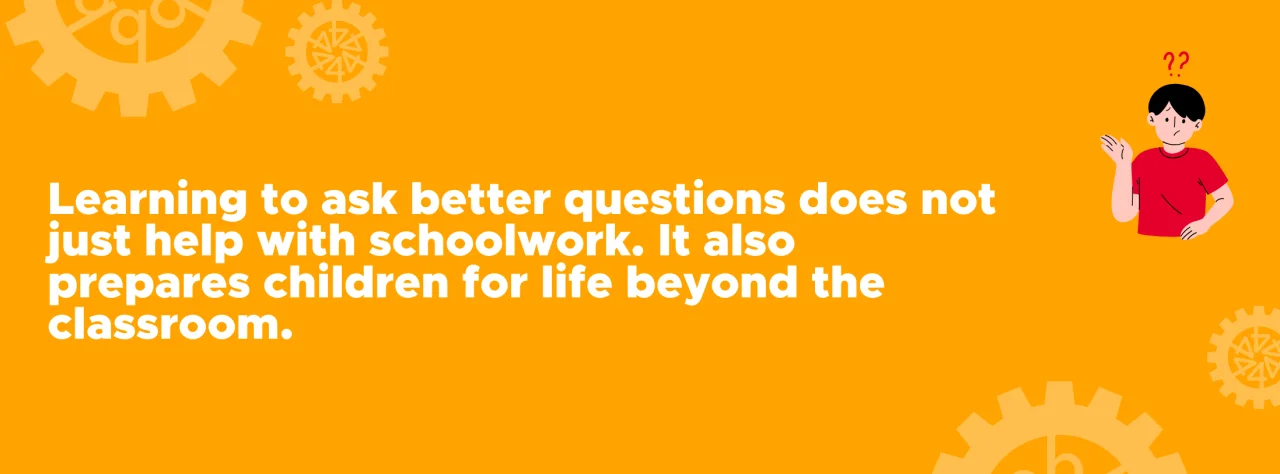 Building Skills Beyond the Classroom
Building Skills Beyond the Classroom
Learning to ask better questions does not just help with schoolwork. It also prepares children for life beyond the classroom. Whether they are trying to understand a friend’s feelings, solve a problem in a game, or make a decision about how to spend their pocket money, the ability to ask thoughtful questions helps them make better choices and connect more deeply with the world around them. For example, a child might ask, “Why is my friend upset?” or “What can I do differently next time?” These kinds of questions help build empathy, problem solving skills, and emotional intelligence, qualities that are just as important as academic success.
Conclusion
As parents, it can be tempting to focus on helping our children find the right answers, especially when they are struggling. But sometimes, the best thing we can do is step back and guide them toward asking better questions.
By doing this, we are not just helping them learn facts or pass tests. We are helping them think more deeply, become more confident, and discover how to learn for themselves. Whether it is at home or in a one on one lesson at NumberWorks’nWords, every great question brings them one step closer to becoming curious, capable learners.
Like any skill, learning to ask better questions takes time and practice. The more children are encouraged to be curious and reflect on their thinking, the more naturally it will come. If you are looking to help provide your child with some extra support, book a free, no obligation learning assessment to get the ball rolling. Our fantastic team of expert tutors are here to help your child grow in confidence and thrive in their learning journey.
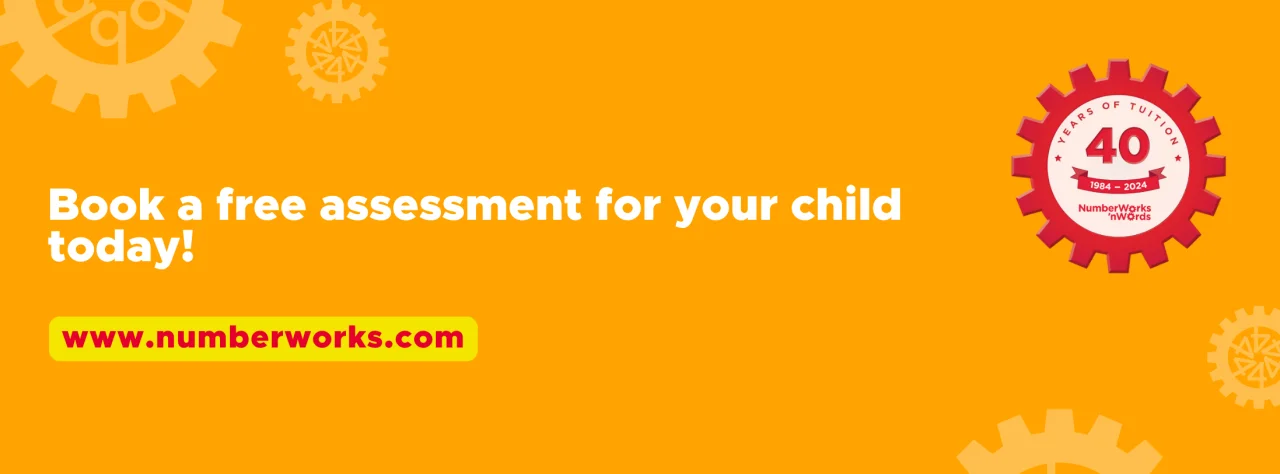
More news articles
18th January 2026
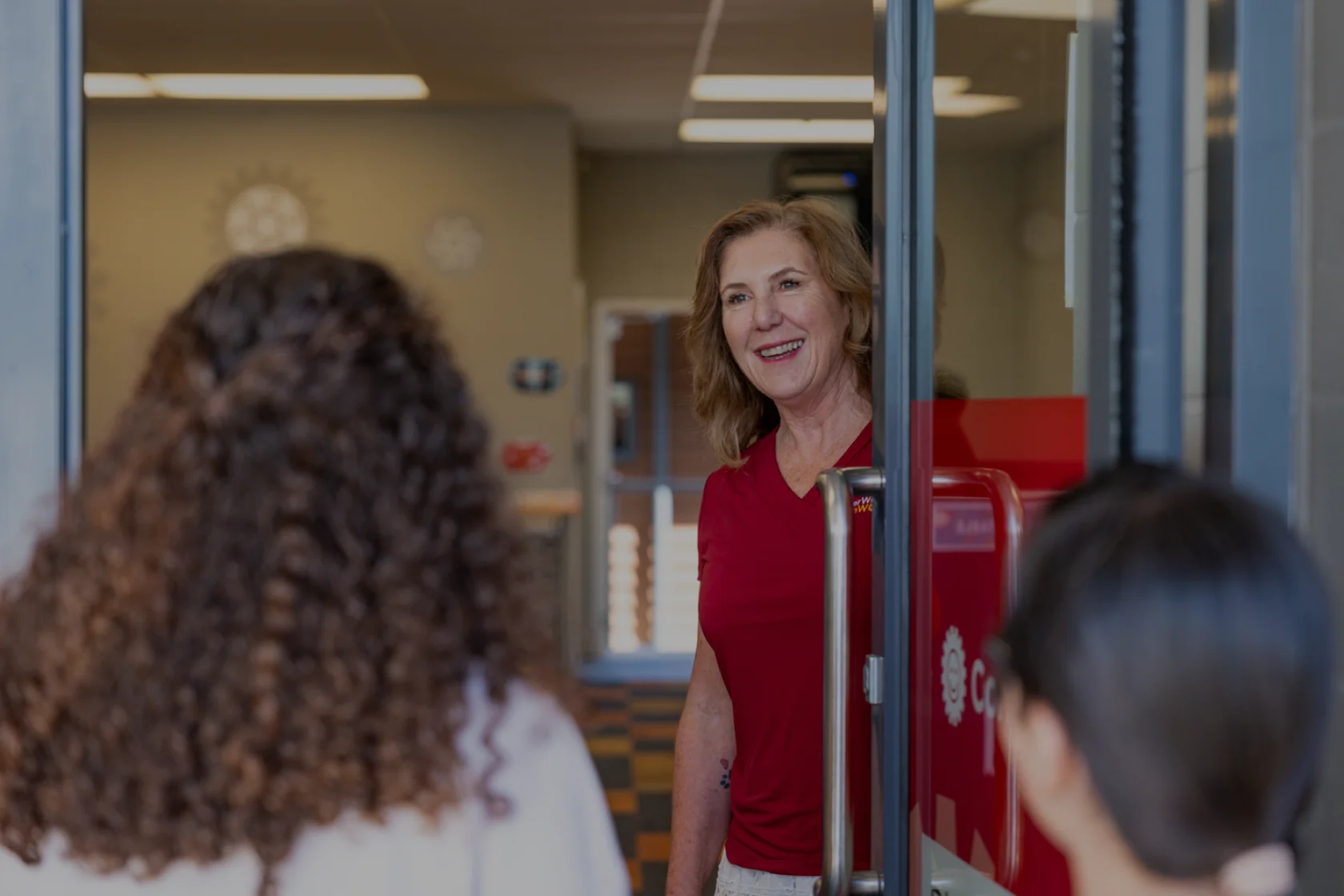
How to Reset Routines After the Christmas Holidays
Read more5th December 2025
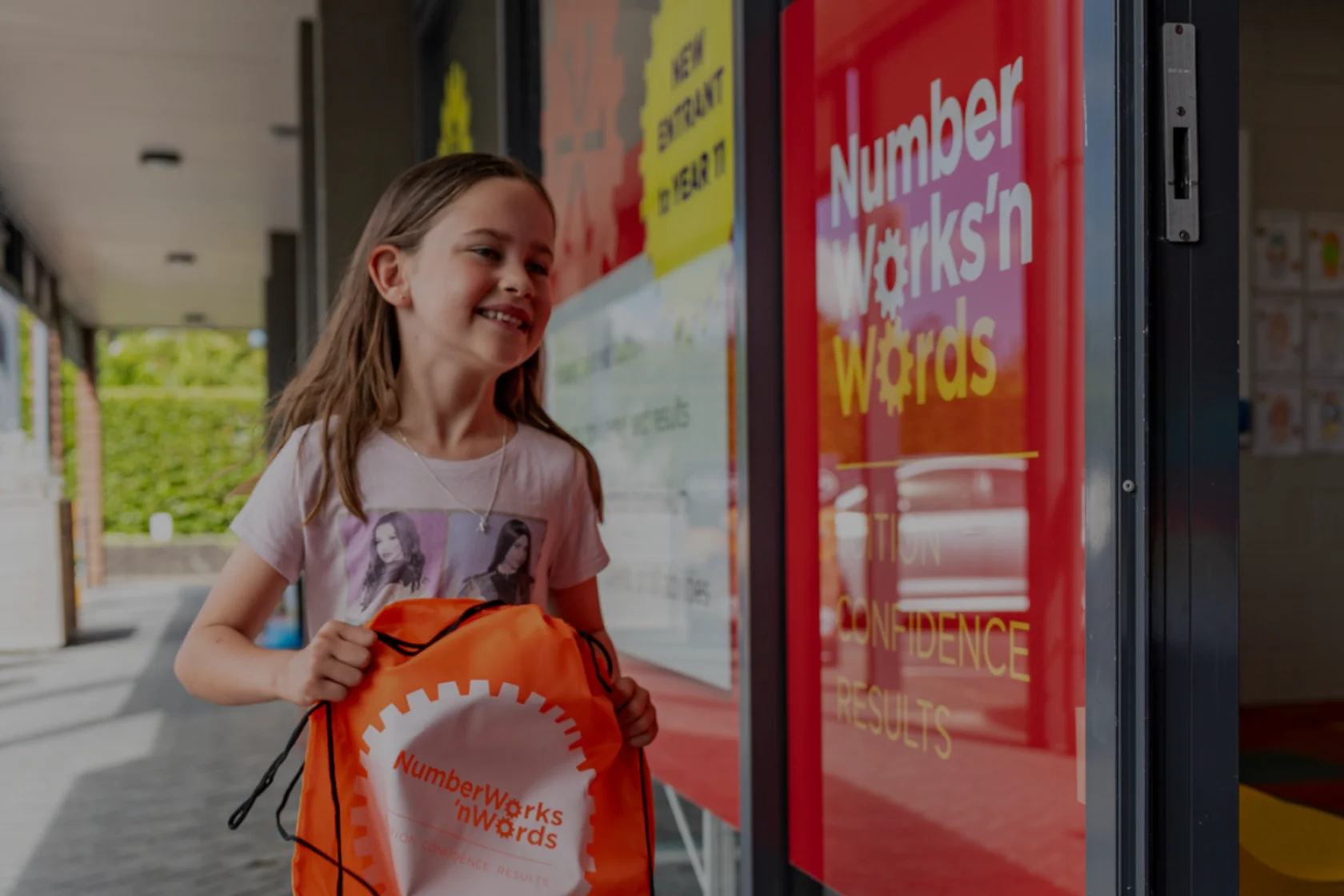
How to Prevent the Christmas Holiday Learning Slide
Read more24th November 2025
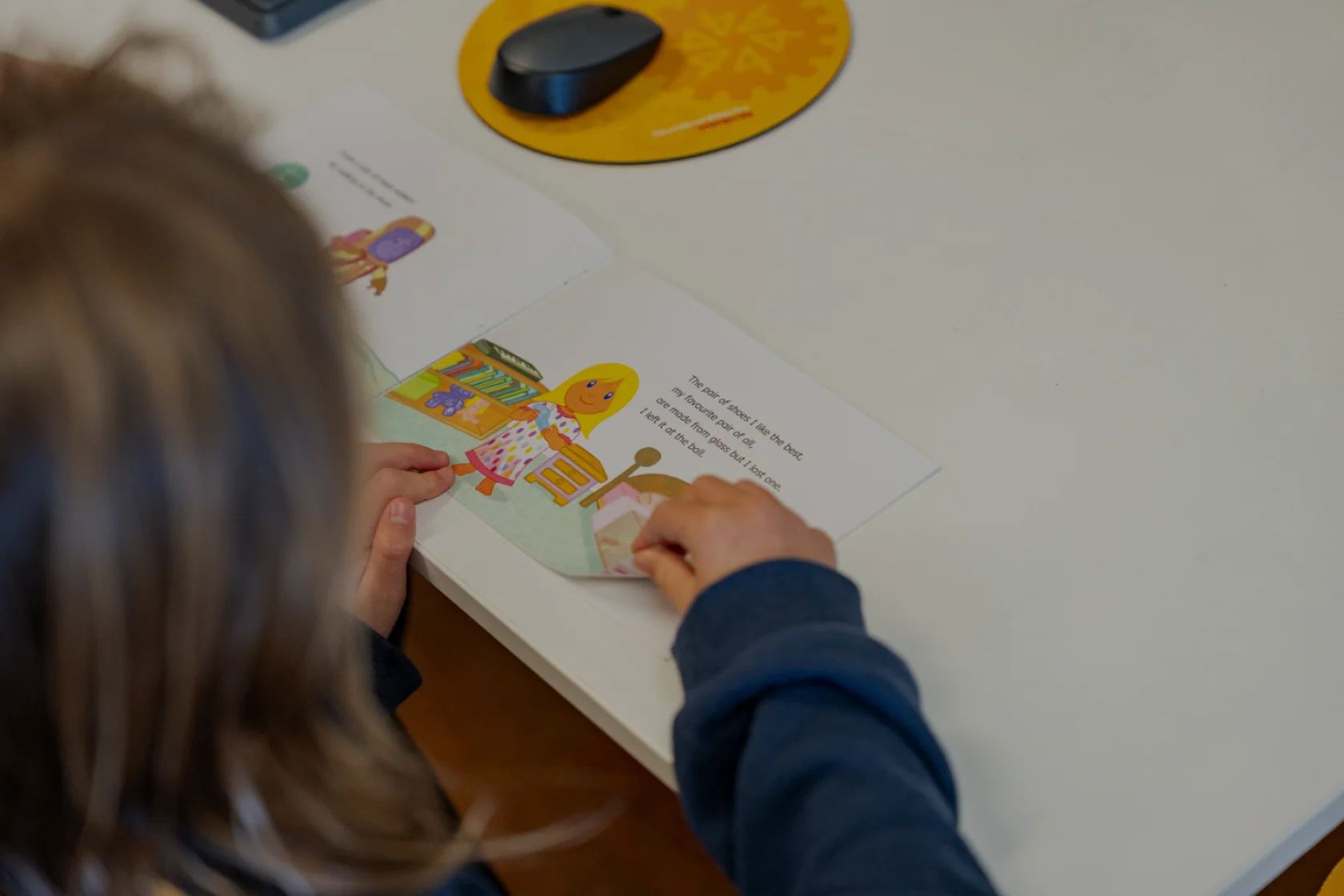
Are Children Falling Out of Love with Reading?
Read more23rd November 2025
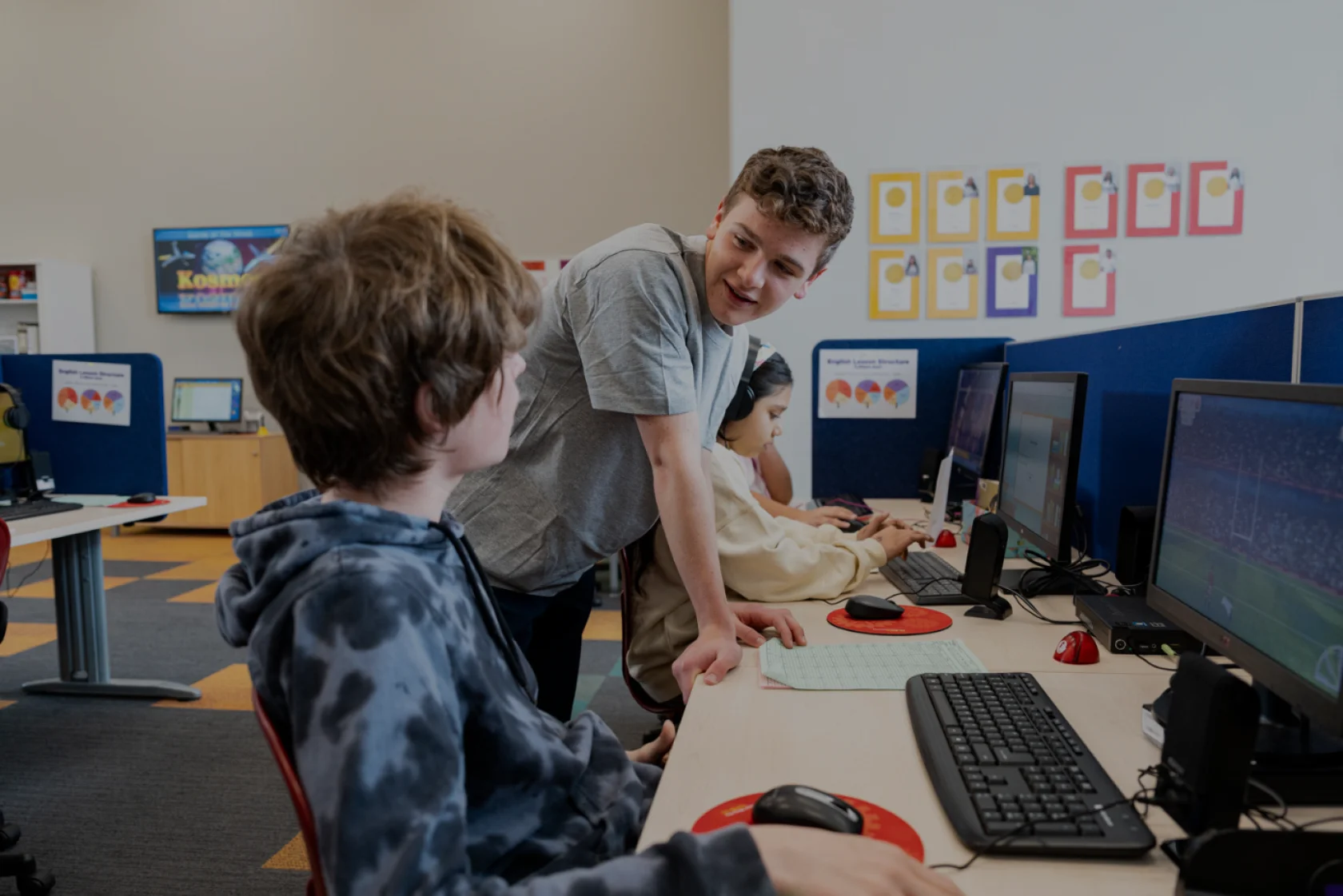
How AI Is Changing the Way Your Child Learns and How to Keep Up
Read more